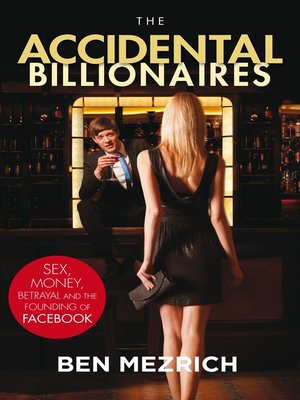

They share a sense of its enormous dynamism and power, as well as its vertiginous capacity for harm. The 10 books I’ve chosen here trace the development of social media across the last decade, explore its effects in everyday life, and place it in its wider context. In Viral, I imagine a crew of half-credulous, half-cynical, mainly British ex-pats in Berlin in 2015, riding the first wave of social media marketing, and finding that it leads them into unexpected waters.

Now there is no division: the user content is the marketing content, and “social-first” is a far more powerful tool for brand promotion than traditional advertising. Before that, the platforms tried to downplay the fact that they were advertising companies the marketing happened in the gaps between the user content, just an annoying sidebar. My new novel, Viral, plunges into the world of social media’s makers, at a decadent mid-stage in its short history: the moment in the mid-2010s when the possibilities of social as a vast advertising platform started to be harnessed in a new way. “In the destructive element immerse,” urged Joseph Conrad in 1900. It has touched all aspects of life: for many people, their most intimate conceptions of themselves, their relations to other people, their political commitments, and their sexuality – as well as their basic livelihoods – are now tangled up in the loose cluster of phenomena known as Web 2.0. As Facebook rose to stratospheric heights by bringing people together - its very success tore two best friends apart.H as anything ever caused a faster transformation in our practices of living than social media? Fifteen years ago, it barely existed today, it occupies a large portion of the waking consciousness of a few billion people. And what began as a simple argument spiralled into an out-and-out war. Yet amidst the dizzying levels of cash and glamour, as Silicon Valley, venture capitalists and reams of girls beckoned, the first cracks in their friendship started to appear.

Narrowly escaping expulsion, the two misfits refocused the site into something less controversial - 'The Facebook' - and watched as it spread like wildfire across campuses around the country, and their popularity exploded in the process. Yet that all changed when master-hacker Mark crashed the university's entire computer system by creating a rateable database of female students. The New York Times bestseller and inspiration for the Oscar-winning movie, The Social NetworkĮduardo Saverin and Mark Zuckerberg - an awkward maths prodigy and a painfully shy computer genius - were never going to fit in at elite, polished Harvard.


 0 kommentar(er)
0 kommentar(er)
